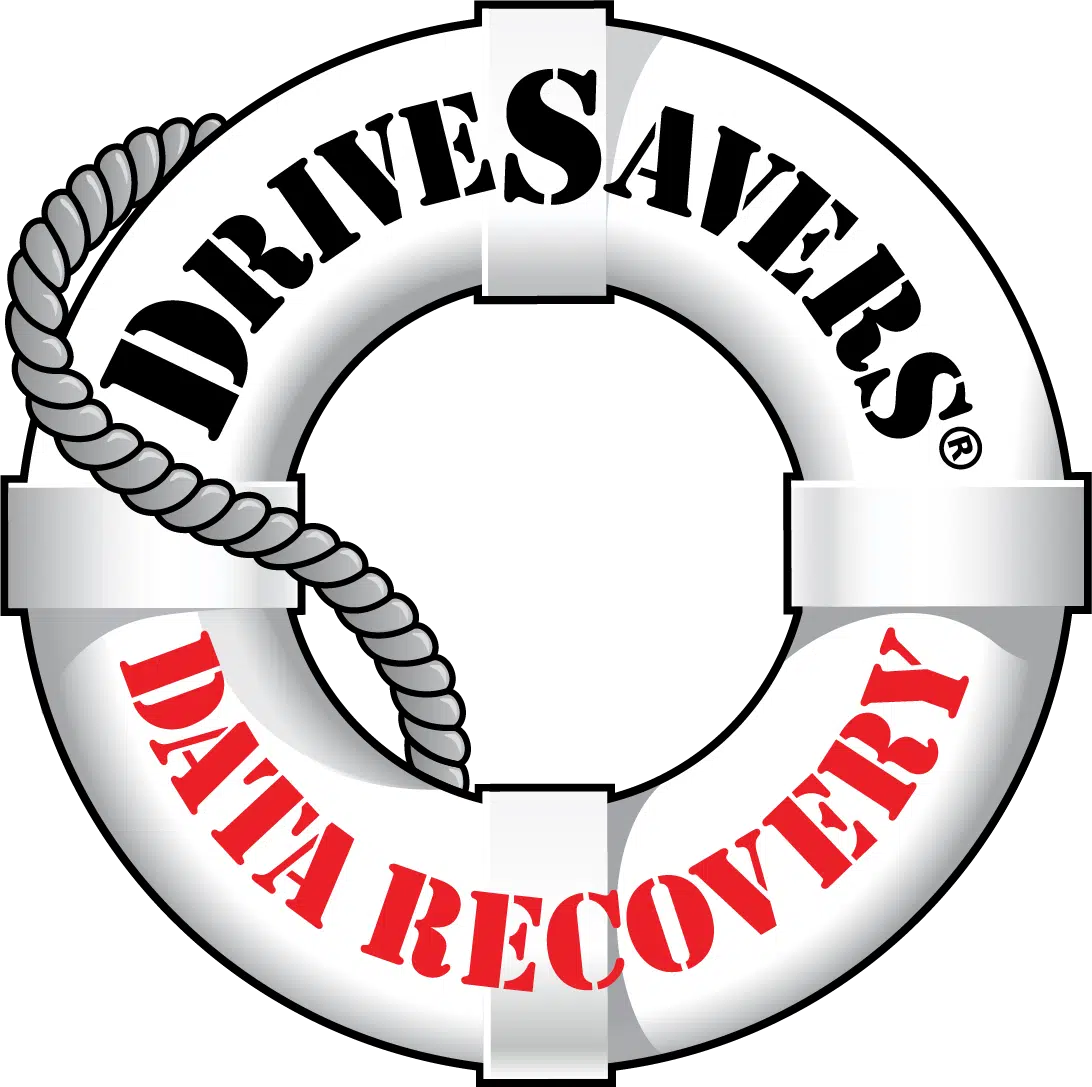Discover chilling tales of broken and damaged phones—rescued from fire, ice, and more by DriveSavers expert phone data recovery. Learn how lost data, photos, videos, and messages can be retrieved even from shattered Android devices and iPhones.
Why Cloud Storage Isn’t as Perfect as It Seems

There are 3.6 billion of us using cloud storage. The world’s population amounts to more than 7.5 billion people. You do the math.
Over the past decade, we’ve observed the rise of cloud storage as a viable means to store our data. Some use cloud storage for personal data backup, but the vast majority is used by businesses as a way to save time, money, space and reduce duplication. Cloud computing also increases collaboration and productivity by making company systems easily accessible—regardless of where an employee works.
The average business engages more than 200 different cloud-based collaboration services and 76 different cloud-based file-sharing programs. To say the cloud has become an integral part of the way we do business would be a gross understatement.
But at what cost? Sure, the advantages of cloud storage and computing are many, but what’s at stake?
A lot.
More than 18 percent of what businesses upload to their cloud storage systems is classified as sensitive. This means they’re putting financial information, personal records, passwords, payment information, health records and more onto the cloud.
Sensitive data needs to be handled with the utmost care, and cloud storage solutions may not be up to the task. Cloud technology, despite the many advantages, can be risky. Here are some of the risks of cloud computing and why cloud technology isn’t as perfect as it seems.
Simply complicated
Cloud storage was originally billed as a too-good-to-be-true storage solution. Using cloud technology not only streamlined, but also simplified, data storage.
And this was the case in the early days of cloud storage, but not anymore. Now, the average employee uses up to 36 cloud-based applications on any given day. Instead of one big bucket of data, they now have many small compartments for their data, right down to a cloud for exchanging funny cat GIFs throughout the day.
So that too-good-to-be-true storage solution has become anything but simple. These systems are now big, complex and most challenging of all, they’re trying to integrate with countless other cloud platforms. Sometimes the experience is great, but other times there are glitches and delays. And when cloud storage becomes massive, like Amazon Web Services (AWS), entire portions of the internet can be taken out with one error.
Poor planning, poor performance
Many people falsely believe cloud storage and computing is easy to install and maintain. They’re wrong.
Yes, if you’re simply saving a few personal items here and there to the cloud, you don’t need the guidance of a cloud storage professional. But, if you’re using the cloud at the enterprise level and need to integrate a great deal of data onto the cloud, all while streamlining the cloud services to synergistically work with your current systems, you’re going to need some help.
And this help probably won’t come from your IT person. Properly converting to and running on cloud-based systems takes a great deal of planning and expertise. A cloud storage professional can help set up your system correctly. The problem is most businesses don’t even consider hiring such a person.
A cloud storage professional designs, implements and maintains a cloud system, by considering all existing technology, range of use and goals of the end-users. But since most organizations don’t hire such a professional, their “simple” cloud storage and computing systems eventually become a slow, tangled mess.
Lack of security
Many people wonder, is cloud storage safe? With all the important information contained within the cloud, questioning cloud storage security is fair.
The unfortunate truth is cloud storage does have some issues in the security department. Not all cloud-based service providers follow best practices of data encryption. And with most businesses experiencing upwards of 23 cloud-related threats every month, encryption is a must-have.
Businesses also need to carefully regulate who has access to and control of cloud systems. Decreasing the number of people with access to the administrative side of accounts reduces the potential for information breaches. Unfortunately, many businesses have a relaxed policy for securing their cloud data, and mistakes as simple as a misplaced encryption key or leaked administration account can lead to catastrophe.
A laid-back attitude about the security risks of cloud computing can lead to disaster in other ways, as well. For certain industries, especially medical and legal, federal law governs the way data must be handled. Failure to comply with regulations related to the storage and use of data on the cloud could put you or your company in legal danger.
Can’t keep up
Just as we’ve seen an explosion of cloud storage over the past decade, the time will come when there’s a newer, better digital storage solution on the horizon.
Right now, there are 11 billion smart devices connected to the internet. Within the next five years, the Internet of Things (IoT) will grow to include about 80 billion devices. All of those devices will create, send and receive data from the cloud. As more devices are added to the IoT, the stress on already overloaded cloud systems will increase.
The cloud is a crowded place and growing more crowded every day. What was once seen as the answer to all our data storage problems has, like many technological advances, a downside. Cloud storage is complex, requires more planning and oversight than most people realize, lacks some important security measures and is growing quickly.




